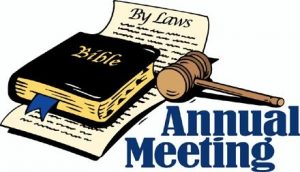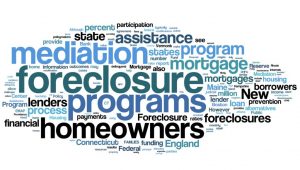 The New York Times recently published an article concerning the beloved business Tea & Sympathy, a British-themed store and restaurant located in Manhattan’s Greenwich Village, and the difficulty that it has encountered meeting its lease obligations. Closure of this business may occur unless the landlord is willing to amend the lease terms. Loyal customers of Tea & Sympathy have rallied in support of the business by contributing to a “Go Fund Me” page to assist the business in meeting its expenses. This post will examine legal strategies to be employed when a tenant foresees difficulty in meeting its lease obligations.
The New York Times recently published an article concerning the beloved business Tea & Sympathy, a British-themed store and restaurant located in Manhattan’s Greenwich Village, and the difficulty that it has encountered meeting its lease obligations. Closure of this business may occur unless the landlord is willing to amend the lease terms. Loyal customers of Tea & Sympathy have rallied in support of the business by contributing to a “Go Fund Me” page to assist the business in meeting its expenses. This post will examine legal strategies to be employed when a tenant foresees difficulty in meeting its lease obligations.
Some of our clients with commercial leases have contacted us when they have encountered difficulty in meeting their lease obligations. The cause of such inability can arise from various factors. Perhaps the tenant did not engage the services of an experienced attorney when the lease was negotiated and inadvertently agreed to terms that were not advisable for a tenant. Unanticipated factors may have come into play that increased tenant obligations beyond those that may be comfortable, such as increased fees and real estate tax escalations of the municipality where the leased premises is located, or a major capital improvement conducted by the landlord for which the tenant agreed to pay a percentage of the cost. Although the tenant agreed to the rent increases when the lease was signed, the tenant may have eventually become unable to sustain the rent increases once other business expenses also increased. The business climate may have changed since the lease was signed. For instance, the product or service offered by the tenant may also no longer be desired or is now being offered online at a lower price. Given that most commercial leases are long-term arrangements, many of these factors can cause a tenant to be unable to meet its lease obligations.
Your attorney should first determine whether the tenant wishes to continue to conduct business at the leased premises. If not, a lease surrender should be negotiated prior to “going dark”. Should the tenant wish to continue at the premises and even be fortunate enough to have sympathetic customers (like those of Tea & Sympathy) who would be disappointed if the business closes, attorneys for the tenant should conduct a negotiation with the landlord towards the goal of modifying the lease so that the current terms are consistent with the tenant’s current abilities and the landlord’s current needs to cover property expenses. Negotiation of a lease modification avoids yet another vacancy for the landlord and maintains the landlord’s cash flow.












